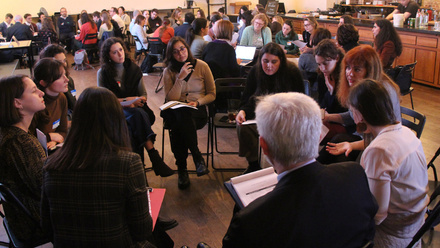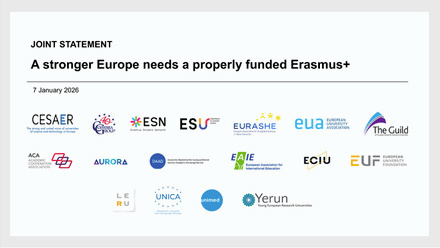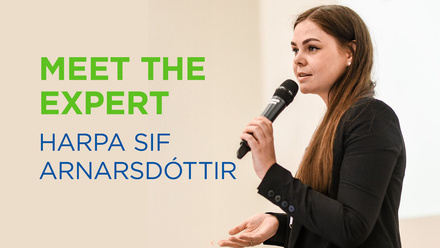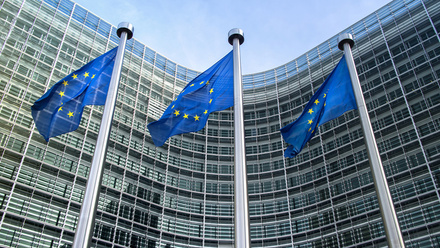Preparing for the next phase of Erasmus Without Paper
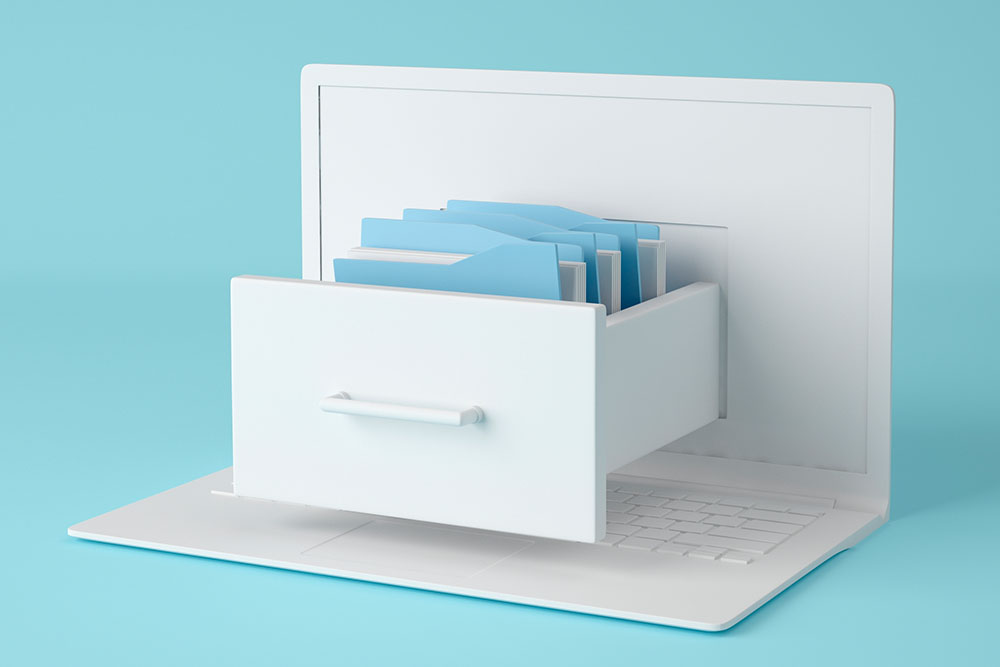
The founding sentiment behind the Erasmus programme was to foster learning and understanding of another country, as well as a chance to socialise and experience a different culture. 2022 marks the 35th year of existence of the Erasmus programme. In that time, more than ten million people have left their comfort zones and explored education across Europe.
This new age of mobility creates endless opportunities, but also new administrative challenges that the Erasmus Without Paper (EWP) project hopes to solve the way the younger generation does everything: by turning to technology and making an app for it.
Evolving with technology
In 2013, an informal meeting in Ghent was held to discuss the idea to digitalise Erasmus mobility paperwork. The incredible success of the Erasmus programme was putting a huge administrative burden on international relations offices. In 1987, 3244 brave young people travelled abroad via Erasmus; in 2013, 16,984 students studied abroad from Belgian HEIs alone. Those people realised that we needed to be able to exchange information as easily as possible in order to allow students to fully immerse themselves in the Erasmus experience, without pushing international office staff to the brink of administrative despair.
A smartwatch now holds more songs than an MP3 player 10 years ago, and the average university student has more social media accounts than courses in a semester
Close to ten years later, the world is a different place. A smartwatch now can hold more songs than an MP3 player then, and the average university student has more social media accounts than they have courses in a semester. The advancement of technology is simplifying the exchange of information, and improving efficiency and transparency of systems.
It is about time we use these technological opportunities for offering a seamless mobility experience where all administrative steps are at the fingertips of these digital natives. After years of preparation, the end of 2022 marks an important milestone in realising this digital reality: it’s the time when HEIs will need to switch to fully digital inter-institutional agreements (IIAs) and learning agreements (LAs). To accomplish this, the EWP consortium – of which our institution of Ghent University is the lead for communication and outreach – is taking critical steps in key areas to ensure the digitalisation of Erasmus+ is completed successfully.
Erasmus Without Paper by and for stakeholders
HEIs need to re-engineer their processes, embracing the opportunities initiatives like EWP and the Erasmus+ App offer. Their involvement is of vital importance to capture their input and findings on how digitalisation impacts their current workflow and the challenges it entails. Therefore, the newly created EWP governance structure aims to earn the trust and support of the community it serves. It consists of multiple working groups, representing HEIs, software providers, national agencies, students, alliances and university networks. The different governance mechanisms are assigned a set of goals and tasks to best mobilise their expertise, and provide feedback drawn from the users’ perspective on the digitalisation of Erasmus+.
By participating, you can contribute to the collective intelligence on how to make the most out of the new digital opportunities
At the heart of this governance structure are the international officers who need to apply the new tools and technologies in their daily practices. More than ever the collaborative mindset inherent to our sector needs to be fostered. Via the recently-established business user groups, you can join a group of colleagues using a similar system to go digital. Go and discuss challenges you encounter, solutions you came up with and your approach towards dealing with digitalisation of the Erasmus administration. In doing so you can contribute to the collective intelligence on how to make the most out of the new digital opportunities.
The Interoperability Reinforcement Plan
As anyone who ever started making paper airplanes with colleagues because the internet went down during business hours knows, this type of endeavour is completely dependent on adequate infrastructure. The success hinges on the smooth exchange of data between systems. The bumpy transition towards digital exchange of IIAs and LAs led to the development of the so-called Interoperability Reinforcement Plan. The plan aims to tackle the issues many of us encounter when trying to exchange an IIA or LA with our partners. While we will all need a bit of patience in the early phases of EWP data exchanges, a few potential bumps on the road are no reason to abstain from getting your hands dirty and starting with these digital exchanges. In doing so, keep some of the following tips in mind.
First of all, dive deep into the way the EWP network operates by enjoying a good read of the ESCI (European Student Card Initiative) Knowledge Base and sharing your main take-aways with all involved colleagues within your institution. Once you get started, do not get frustrated if something does not work as smoothly as expected, because the ESCI service desk can help you identify and solve the issues you encounter. At the same time, you are welcome to join the campfire-like ‘town hall’ meetings where EWP specialists will address your questions.
Interoperability won’t be achieved without the involvement of commercial software providers and in-house system operators. Workshops will facilitate the peer-review of the EWP specifications and a relationship manager will focus on enhancing cooperation. Share your issues via the ESCI service desk or the business user groups – they’ve got your back if your system is hampering the transition to digital.
Behind the scenes there is also a paradigm shift towards a more regulated environment. Minimal business requirements expressing the needs of practitioners in the field and enhanced testing protocols should make sure you can focus on exchanging information seamlessly. That way, you don’t need to worry whether your partner got the information you shared, the same way you don’t have to worry whether your emails are being received (although you can never be sure if the recipient reads them).
The involvement of the higher education sector is crucial to bring Erasmus Without Paper to its full potential
The involvement of the higher education sector is crucial to bring Erasmus Without Paper to its full potential. You can contribute by embracing these new digital opportunities and by sharing your input and experiences via the channels shared here; in doing so, you can also contribute to building this new digital reality.


